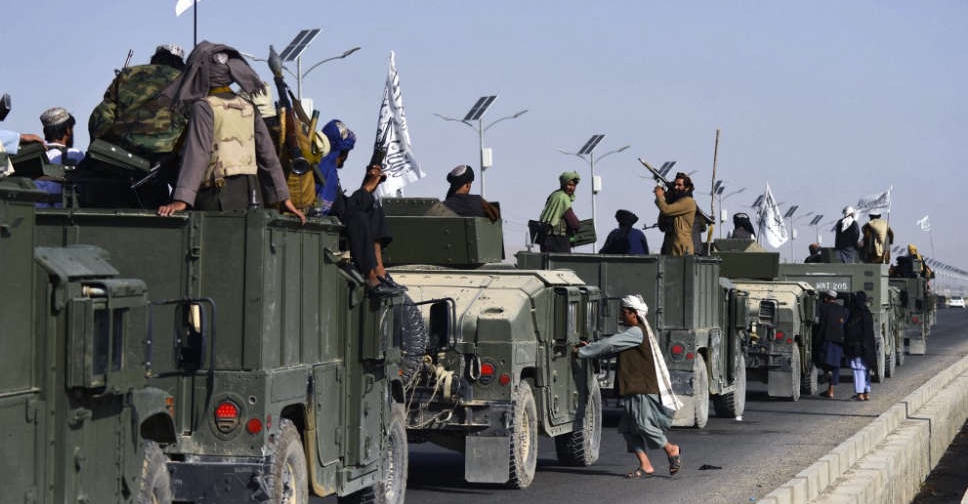
Afghanistan's Taliban rulers were preparing on Thursday to unveil their new government as the economy teetered on the edge of collapse more than two weeks after they captured Kabul and brought a chaotic end to 20 years of war.
Taliban official Ahmadullah Muttaqi said on social media a ceremony was being prepared at the presidential palace in Kabul, while private broadcaster Tolo said an announcement on a new government was imminent.
The Taliban's supreme leader, Haibatullah Akhundzada, is expected to have ultimate power over a governing council, with a president below him, a senior Taliban official told Reuters last month.
The legitimacy of the new government in the eyes of international donors and investors will be crucial for Afghanistan's economy, which is likely to collapse following the Taliban's return to power, analysts said.
The supreme Taliban leader has three deputies: Mawlavi Yaqoob, son of the movement's late founder Mullah Omar; Sirajuddin Haqqani, leader of the powerful Haqqani network; and Abdul Ghani Baradar, one of the founding members of the group.
An unelected leadership council is how the Taliban ran their first government which brutally enforced a radical form of Sharia law from 1996 until its ouster by US-led forces in 2001.
The Taliban have tried to present a more moderate face to the world since they swept aside the US-backed government and returned to power last month, promising to protect human rights and refrain from reprisals against old enemies.
But the United States, the European Union and others have cast doubt on such assurances, saying formal recognition of the new government - and the economic aid that would flow from that - is contingent on action.
"We're not going to take them at their word, we're going to take them at their deeds," US Undersecretary of State Victoria Nuland told a news briefing on Wednesday.
"So they've got a lot to prove based on their own track record ... now they also have a lot to gain, if they can run Afghanistan, far, far differently than they did the last time they were in power."
Gunnar Wiegand, the European Commission's managing director for Asia and the Pacific, said the European Union would not formally recognise the regime until it met conditions including the formation of an inclusive government, respect for human rights and unfettered access for aid workers.
"There is no doubt among (EU) member states and in the G7 context: we need to engage with the Taliban, we need to communicate with the Taliban, we need to influence the Taliban, we need to make use of the leverages which we have," he told members of the European Parliament in Brussels.
"But we will not rush into recognising this new formation, nor into establishing official relations."

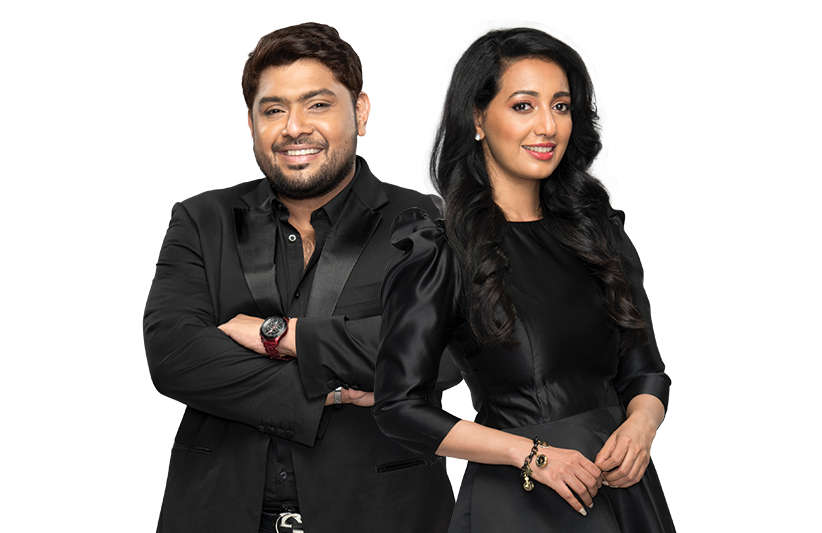


 Nearly 100 killed after heavy rain in India, Nepal
Nearly 100 killed after heavy rain in India, Nepal
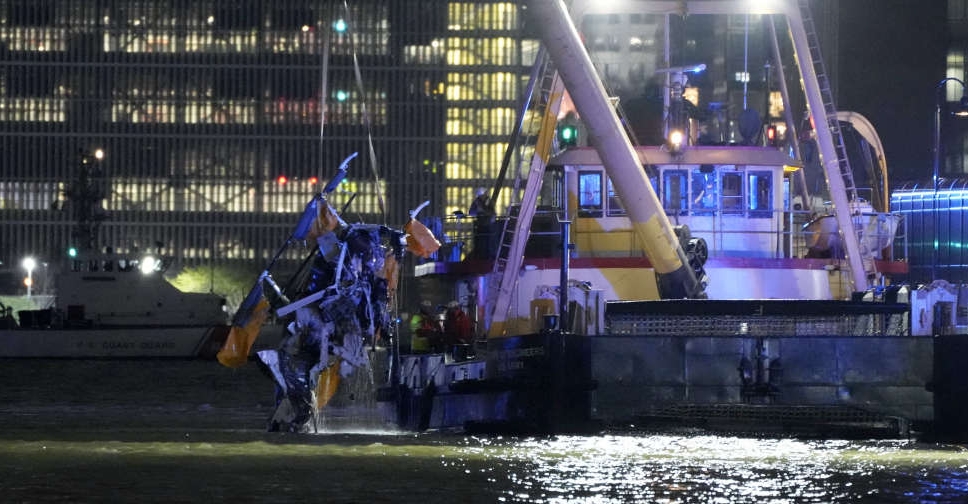 Six dead after tourist helicopter crashes into New York's Hudson River
Six dead after tourist helicopter crashes into New York's Hudson River
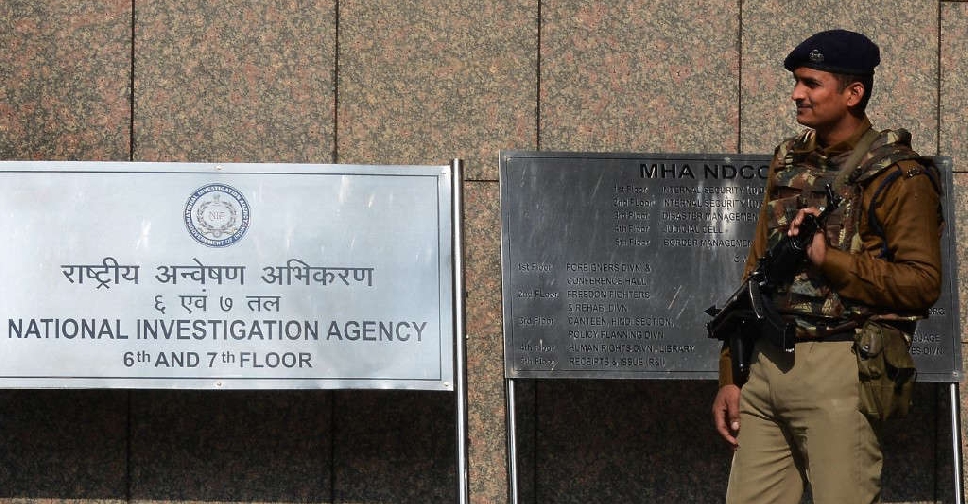 2008 Mumbai attacks accused arrives in India after US extradition
2008 Mumbai attacks accused arrives in India after US extradition
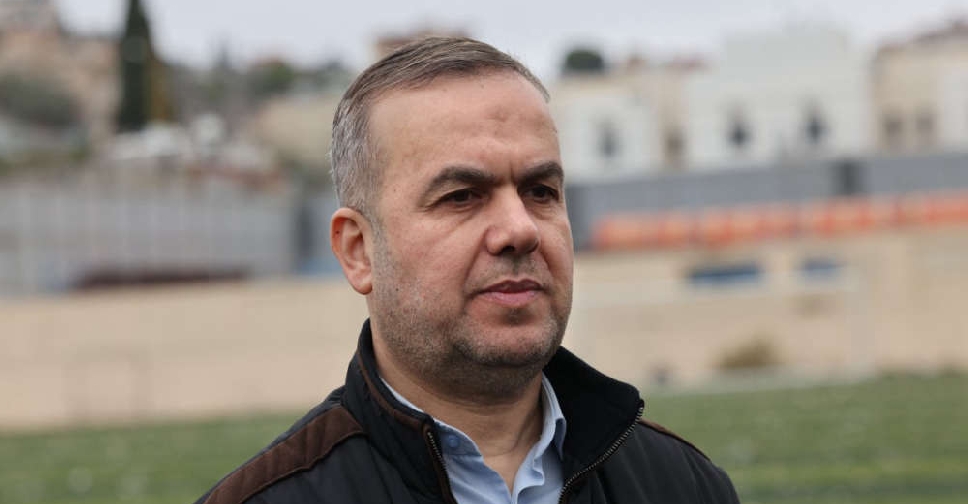 Hezbollah ready for talks with Lebanese government, MP says
Hezbollah ready for talks with Lebanese government, MP says



